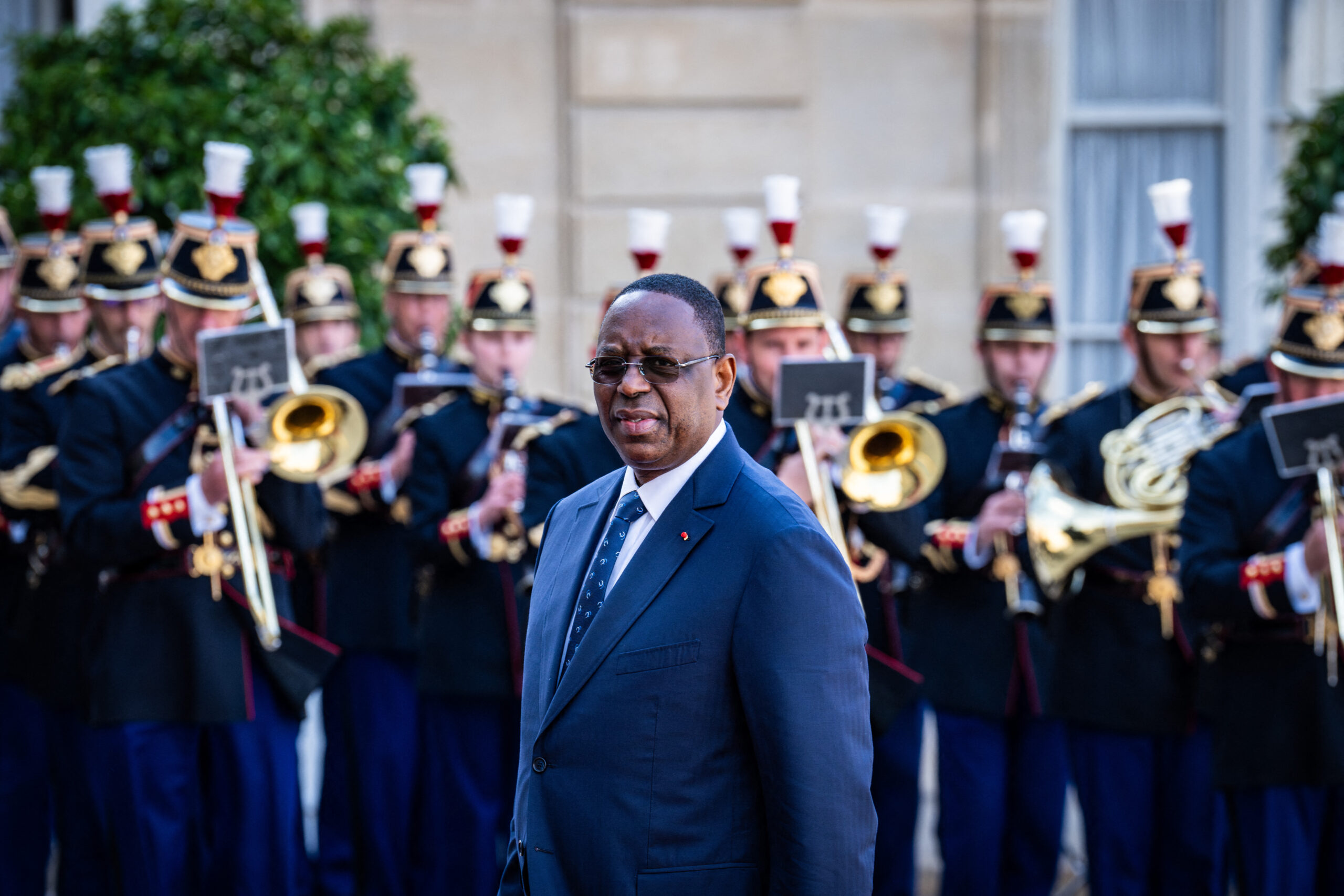
Senegal: Macky Sall’s Political Comeback and Strategic Alliances for the November 17 Election
Dakar — Senegal is bracing for early legislative elections on November 17, a crucial vote that could reshape the country’s political landscape. Facing a liberal coalition led by former President Macky Sall, the incumbent tandem of President Bassirou Diomaye Faye and his Prime Minister, Ousmane Sonko, aims to consolidate their recent presidential victory. This election not only marks Sall’s unexpected return to national politics but also serves as a litmus test for the opposition’s coalition of political veterans, challenged by Pastef’s rapidly rising influence.
Macky Sall: An Unexpected Return Aiming for Cohabitation
After leaving office in March and briefly serving as a special envoy for the Paris Pact for People and the Planet, Macky Sall has returned to Senegal with a clear ambition: to secure a parliamentary majority and enforce a cohabitation government. His coalition, Takku Wallu Senegal, unites key figures from the liberal opposition, including veteran politicians such as Karim Wade and Idrissa Seck, in a concerted effort to counter the ruling Pastef Party.
In an open letter to the Senegalese people, Sall harshly criticized the current leaders, dismissing them as “interns” unfit for governance. He accused the Sonko-Faye administration of having “darkened national economic prospects” through what he deems reckless economic policies, which he claims led to a downgrade of the country’s sovereign credit rating.
Criticisms of Pastef’s Governance
Takku Wallu Senegal criticizes Pastef’s government for lacking stability and economic foresight. Sall points to declining investment and rising unemployment, phenomena that he attributes to hasty, poorly thought-out decisions by the administration. The Sonko-Faye government has refuted these accusations as “baseless,” emphasizing that its reforms are meant to address issues inherited from previous administrations.
Through public statements and media engagements, Sall’s camp seeks to present itself as a credible alternative for the Senegalese people, promising stable governance and swift economic recovery should their coalition win the elections.
A Liberal Coalition Facing Internal Strains
Though Takku Wallu Senegal is a formidable force, it faces internal challenges. The alliance among the Alliance for the Republic (APR), the Senegalese Democratic Party (PDS), and Rewmi, while powerful, is also fraught with tension. Rewmi leader Idrissa Seck has voiced concerns over his marginalized role in the coalition, as his party struggles to secure significant positions on the electoral list.
Some analysts see these internal rifts as potential obstacles to the coalition’s unity, casting doubt on Sall’s ability to maintain a cohesive front. Nonetheless, despite these frustrations, Takku Wallu Senegal remains a notable contender in the race for parliamentary seats, resolute in its aim to counter Pastef’s momentum.
Pastef: A Cohesive Opposition Defying the Old Guard
Meanwhile, the Pastef government presents a cohesive front under the leadership of Ousmane Sonko and Bassirou Diomaye Faye. Following their first-round victory in the presidential election, Pastef has established itself as a formidable political force, championing anti-corruption measures and economic reform. Their strategy for the legislative election is to rally their base and strengthen their presence in rural areas.
Sonko recently initiated an audit of public finances, accusing the previous administration of falsifying budget data. This move, well-received by segments of the electorate, reinforces Pastef’s image as a renewal force challenging past practices.
Toward a National Unity Government?
Macky Sall and his coalition hope to establish a cohabitation government should they succeed in the legislative election, proposing a unity cabinet to restore institutional stability and initiate structural reforms. Pastef, however, views this proposal with skepticism, perceiving it as a potential attempt to undermine the autonomy of the current government.
Senegalese political analyst Amadou Diop believes this legislative election could be pivotal for Senegal’s political future. “A cohabitation government, if adopted, could usher in a new era of political compromise, but it could also breed internal conflicts if the coalition parties’ goals diverge too sharply,” Diop stated.
Conclusion: A Turning Point for Senegal
As the legislative elections approach, Senegalese voters face a crucial choice between Pastef’s governance, characterized by transparency and reform-oriented policies, and Takku Wallu Senegal’s more traditional political approach, which emphasizes stability. Should the liberals secure a majority, Senegal may enter an unprecedented phase of political cohabitation, introducing new institutional challenges.
These legislative elections represent more than a mere parliamentary renewal: they will shape Senegal’s political trajectory for years to come, impacting governance, regional alliances, and the economy. The November 17 results will therefore be closely monitored by international observers eager to understand how this West African nation will navigate a period of intense political transformation.
© Odon Bulamba / Africa Daily Report